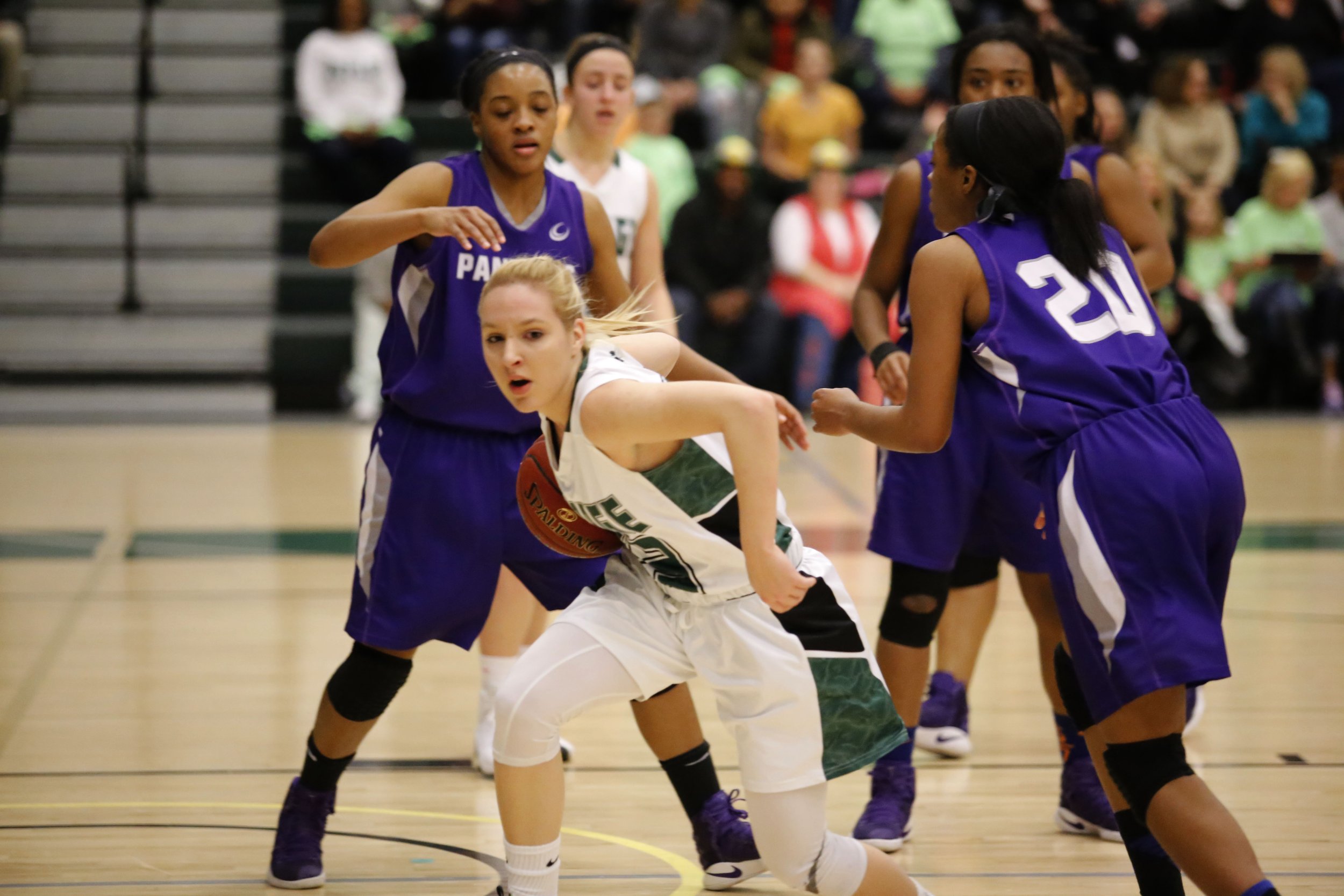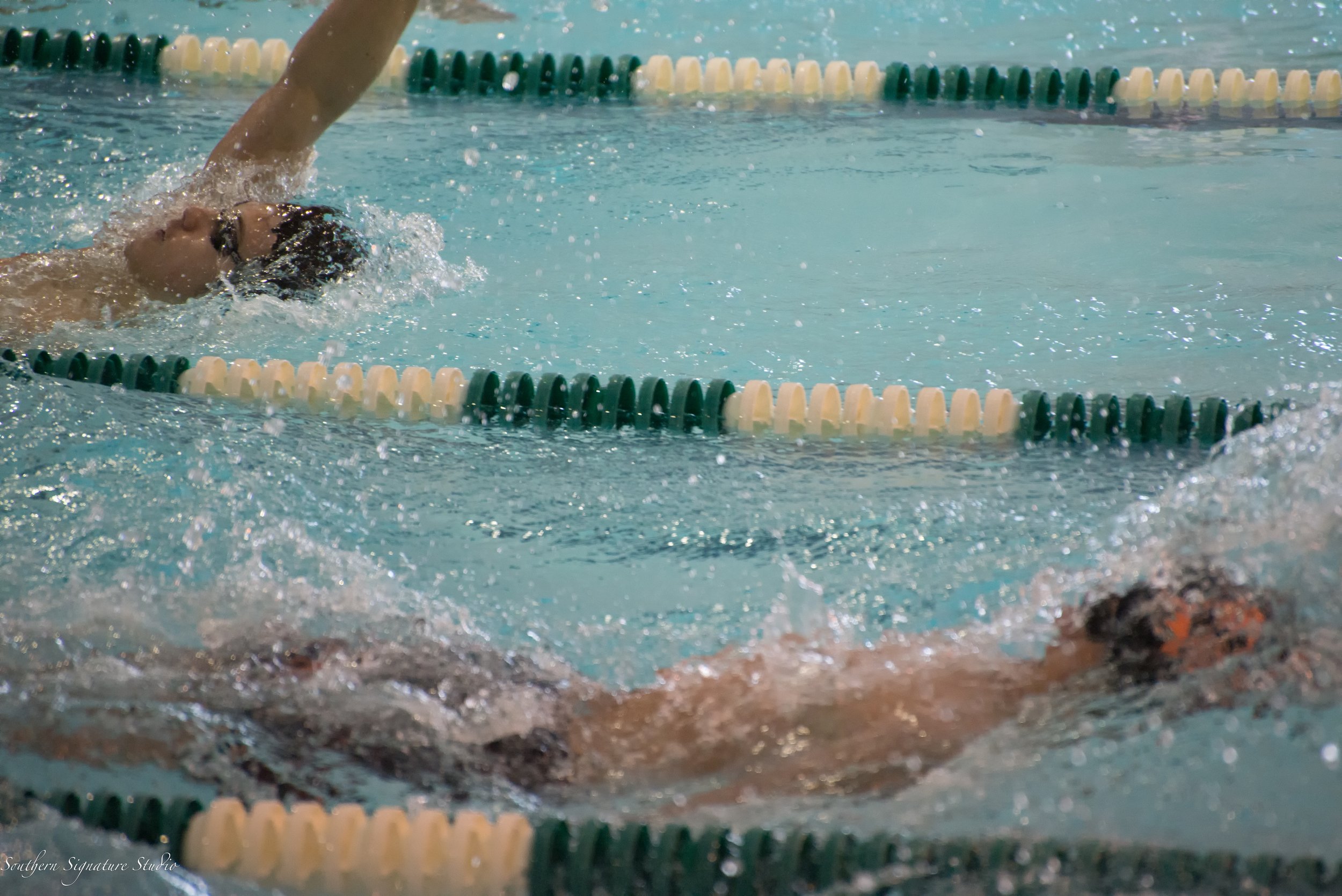What is Amateurism for the NCAA?
Amateurism is a term the NCAA uses to determine if an athlete is eligible to compete in college. The concern is that without it, athletes who have already competed at the professional level, either in America or internationally could compete at the college level. You will have to answer a questionnaire truthfully to verify your status as a non-professional, and someone who is eligible for college competition.
What are the rules?
Most athletes will not have any concerns around amateurism if they were in a traditional American high school or travel system. But problems will arise any time you have been paid to compete. This is not the same thing as having travel expenses paid for a tournament. This would be any payment beyond that for example. Entering college you are not permitted to receive payment from any media, including internet media as well in exchange for your athletic performance.
Endorsements and prize money are also off limits. As long as you are not looking to get paid like a professional athlete would prior to college, then you should be fine with obtaining your amateurism certification.
Preliminary Certification Status
The preliminary certification designation suggests that you have passed your questionnaire. The expectation for most recruits is that after they fill out the questionnaire, they will shortly thereafter be upgraded to this level. Academic certification is what most of the journey for eligibility is really about.
What you need to know about the questionnaire
The questionnaire will ask you questions that fall into several categories. You will fill in your educational history, athletic history, and then answer explicit questions about whether or not you have been compensated directly for your sport. Consider that it is possible for a high school aged athlete to be paid to play professionally overseas. It is also possible with the internet for athletes to leverage their talent to make money. There is nothing wrong with being a professional and getting paid, so long as you are not looking to play against athletes who are still considered “amateurs” in the NCAA’s eyes.
The other thing the NCAA will ask questions about will be about your recruiting experience. The questions are to determine if you are being offered illegal benefits. With the creation of Name, Image, and Likeness (NIL) rights for college athletes, this has all become harder for people to judge. But overall you should not be paid to attend a college, or promised such payment.
When you are done with the questionnaire you are looking to achieve “preliminary certification” status. If you are deemed to have a violation then there may be a process afforded for you to gain certification after satisfying certain requests. Otherwise you will be considered ineligible for college competition.
Coach Rob’s Note: Don’t go under-recruited! I put in the hard work for you to know exactly which colleges already want to recruit you, which ones will view you as a top recruit, and how to get their attention. Book a meeting with me, Coach Rob, and see how easy it can be to get the offers you deserve!
Coach Rob is a recruiting expert and the Founder of SCA Recruiting. He is also the author of the book Winning the Ship: How to Win the College Athlete Recruitment Game. Available now on Amazon.

“93% OF HS ATHLETES DON’T PLAY IN COLLEGE… BUT I WILL HELP YOU BEAT THOSE ODDS. I GUARANTEE IT.”


